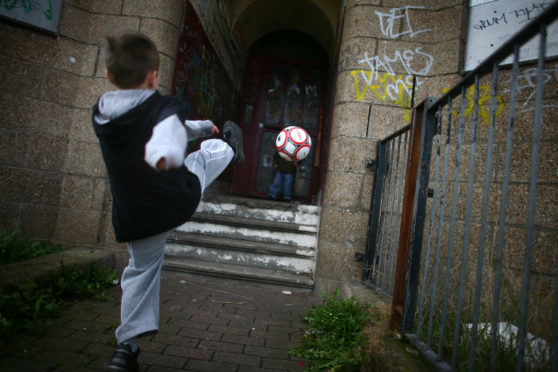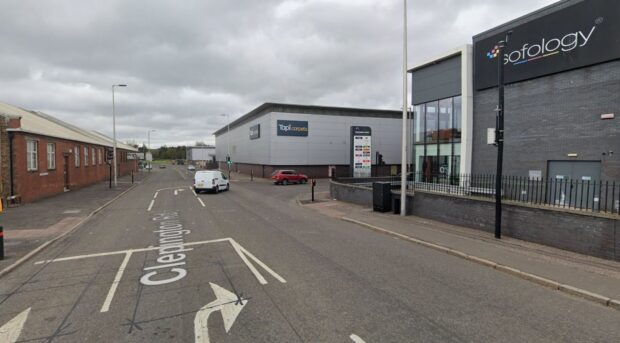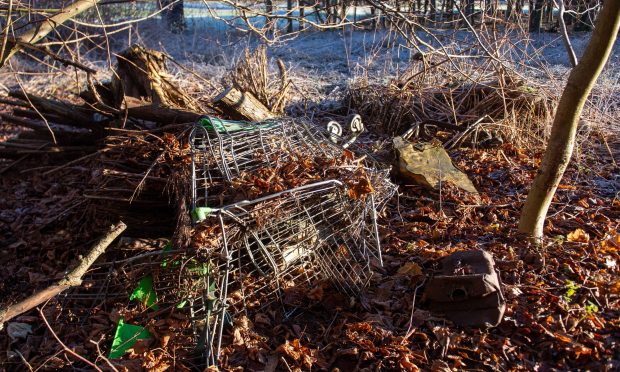Health chiefs have blamed continuing high levels of deprivation in Tayside and Fife amid a fall in life expectancy across the region.
Officials in Tayside attributed the fact that people were dying younger to high levels of poverty and warned those living in poorer communities “have a much higher chance of poorer health”.
Figures released by the National Records of Scotland reveal Fife has suffered the slowest rise in life expectancy in Scotland over the past 24 years, at just 6.4%, and experienced a year-on-year drop of 0.6% in 2018.
Tayside had the second slowest rise in life expectancy over the period at 6.7% The region also saw the single largest drop across the country last year at 0.7%.
Kevin Keenan, leader of the Scottish Labour group at Dundee City Council, said he had seen the effects of poverty in his own Strathmartine ward and called for more to be done to improve living standards.
He said: “The city and its health partners must do whatever they can to improve the situation, whether that is through social prescribing or earlier intervention and checks for ailments.
“People’s life expectancy should not be dictated by their postcode. You only have to look at the presence of food banks to really get a view of the reality across the city.
“I think there is a lot that can be done to make a difference and what we really need is more jobs. We must do what we can to bring meaningful employment to areas that are struggling.”
Life expectancy decreased or stalled over the past year in 20 of the 32 council areas across Scotland for men and in 18 of the 32 for women.
The report found men born in the 10% most deprived areas could expected to live 13 years fewer than those in the 10% least deprived. For women it was nine and a half years.
NHS Tayside pointed to areas of significant poverty in the region and said those living in deprivation were more likely to suffer from ill health.
A spokesperson said: “These health inequalities caused by poverty can have an overwhelming effect on people’s lives causing constant stress, long-term physical ill health, poor mental health and even earlier death for some people living in our poorest communities.
“We are putting considerable effort into tackling health inequalities by working with our partners to take a preventive approach that reduces the risk of disease by supporting people to improve their health and wellbeing.”










